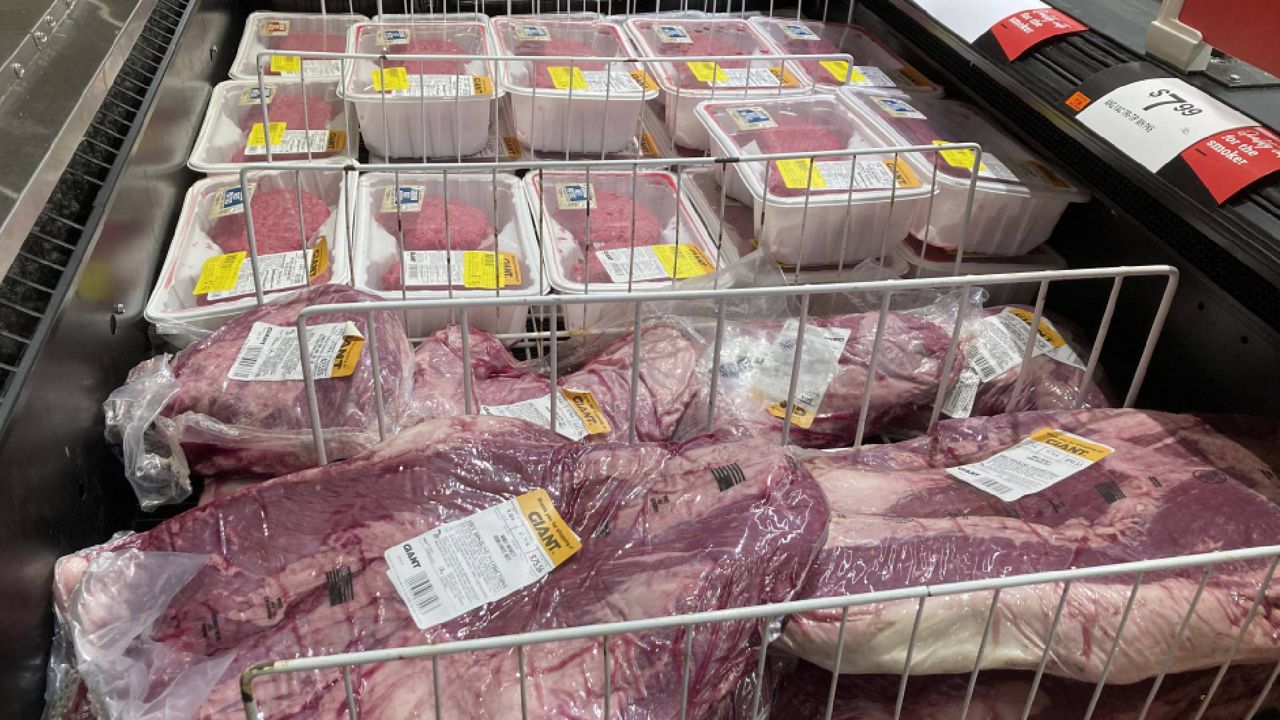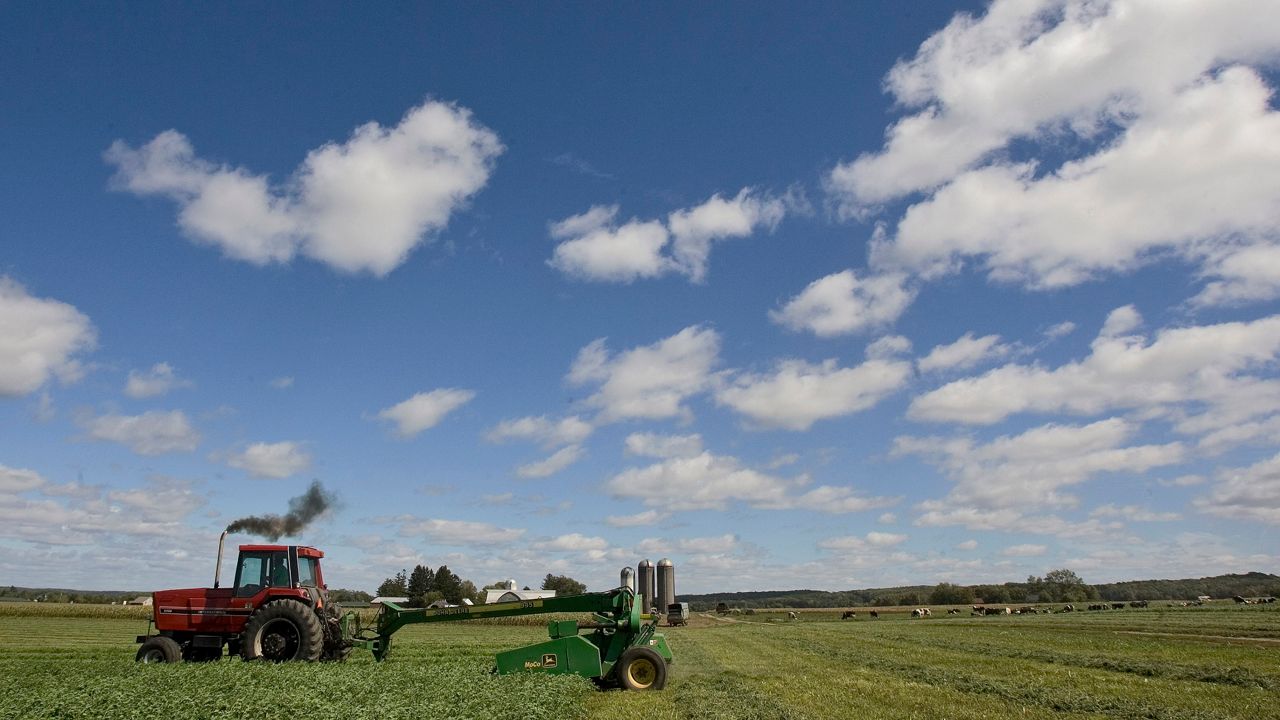President Joe Biden's administration on Wednesday took steps to combat rising meat prices across the U.S., a result of what officials called “pandemic profiteering” and a lack of competition in the meat processing industry.
The White House announced actions to enforce antitrust laws, crack down on illegal price fixing, and create a more competitive and transparent supply chain, all with the intention of lowering prices for consumers on things like beef, pork and poultry.
In a blog post Wednesday, the nation’s top economic advisers laid out how higher meat prices accounted for 50% of the recent increases in Americans’ grocery bills.
Since December 2020, they wrote, beef prices rose by 14%, pork by 12.1% and poultry by 6.6%.
“If you take out those three categories, we've actually seen price increases that are more in line with historical norms,” National Economic Council director Brian Deese said at the White House Wednesday.
The main culprit, Deese said, was a lack of competition in the meat processing sector. The industry’s top companies have seen record profits during the pandemic, but they also raised their prices, passing on the cost to consumers without sharing the added profits with farmers and meat producers.
“These price increases that are affecting consumers are not are not happening in isolation,” Deese said. “The companies are making decisions to drive these price increases.”
The top four beef packing companies, for example, control 82% of the market, Deese and other economic advisers wrote in their blog post.
The Department of Agriculture announced new actions as a result, including moves to strengthen rules to crack down on anti-competitive practices, make USDA labeling more transparent and continue a joint investigation with the Department of Justice into the chicken processing industry.
Agriculture Secretary Tom Vilsack also spoke to reporters at the White House on Wednesday, outlining how farmers have been hurt by the consolidation of the meat processing industry.
“The reality is today that farmers are losing money on cattle and hogs and poultry that they're selling,” he said.
“Right now, we don't have very strong tools. We are strengthening those tools so we can call out bad behavior,” he later added.
The USDA also announced $1.4 billion in new funding to help small meat processing companies stay in business and to aid other distributors, farmers and food workers impacted by COVID-19, plus another $500 million effort to expand processing capacity and make smaller companies more competitive.





